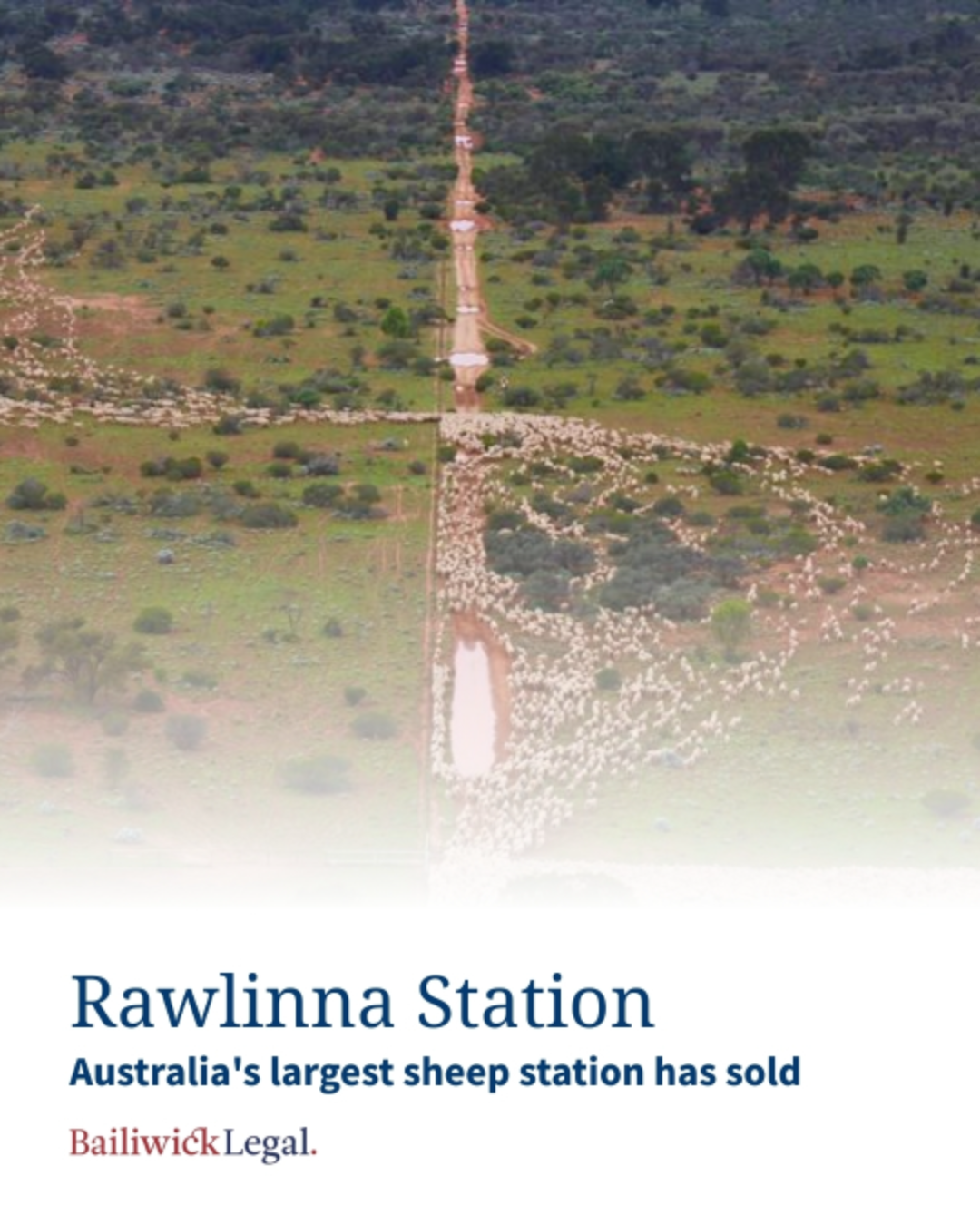What are my employment obligations as a tourism business?
February 19, 2026
Author name
In 2016/17, the WA tourism industry directly employed 71,100 people and indirectly created a further 32,800 jobs.
As a sector providing significant employment in our state, it is important for businesses in tourism to understand their legal obligation to their employees.
The majority of employers in tourism will be covered by the national Fair Work Act 2009. The Fair Work Act sets out National Employment Standards (NES), which are 10 minimum employment entitlements that must be adhered to by all employers under the system.
These stands include: maximum working hours, leave arrangements (including annual, personal, parental, community service and public holiday entitlements), the right to request flexible working arrangements, and notice and redundancy requirements.
The NES also required that all new employees must be provided with a Fair Work Information Statement by their employer. You can access a copy here: https://www.fairwork.gov.au/employee-entitlements/national-employment-standards/fair-work-information-statement
Awards & enterprise agreements
Your business may also be required to meet further minimum standards of employment set by a registered agreement or modern awards.
If there is no registered agreement in place, it may be unclear to an employer which, if any, award applies.
Your business may be covered by more than one award depending on the jobs carried out by your employees. You should refer to the section of each award that deals with ‘coverage’ to ascertain whether the award applies to you.
Individual flexibility agreements
If an award or agreement does apply, an employer may choose to vary certain terms of an employee’s employment through a written employment agreement, referred to as an Individual Flexibility Agreement (IFA).
An IFA can assist both parties in structuring an employment agreement that meets their specific requirements. However, only certain terms can be varied, which will be outlined in the award or agreement.
If an employer is varying award or registered agreement terms, the employer must ensure that the employee is better off under the varied agreement than they would be if the relevant modern award or registered agreement applied. This is known as the ‘Better Off Overall Test’ or ‘BOOT’.
An IFA may pass the test even if some benefits have been reduced, as long as overall those reductions are more than offset by the benefits of the IFA.
Occupational Health and Safety (OH&S)
Employers should also be aware of their duty to protect employees from risks in the workplace, including duties imposed by workplace health and safety laws.
The Occupational Safety and Health Act 1984 (WA) and Occupational Safety and Health Regulations 1996 (WA), currently apply to workplaces in Western Australian.
New workplace health and safety legislation in Western Australia has been proposed and is in the consultation phase.
This new legislation is based on the national model work health and safety laws. Other states have now adopted this model, and WA employers should be aware that there are likely to be significant changes to workplace health and safety legislation in WA in the near future.
Further Resources: Resources to assist small businesses to comply with safety obligations, including guides, action plans and checklists, can be found on the WA Department of Mines, Industry Regulation and Safety website at: https://www.commerce.wa.gov.au/worksafe/small-business
If you would like more information on these issues, please contact Bailiwick Legal by calling (08) 9321 5451.
The above information is a summary and overview of the matters discussed. This publication does not constitute legal advice and you should seek legal or other professional advice before acting or relying on any of the content.

Bailiwick Legal has been honoured to support Forever Wild over the past few years as they delivered one of the most significant conservation land acquisition programs undertaken in Western Australia. Our team assisted Forever Wild with the strategic purchase of four pastoral stations, Narndee , Boodanoo , Meeline and Challa , transactions that now connect three State Reserves and protect more than 12,000 square kilometres of land. To put that scale into perspective, the combined area is approximately five times the size of the ACT and nearly one-fifth the size of Tasmania . Navigating complexity at scale These were not straightforward property transactions. Each acquisition involved: Multiple pastoral leases Layered regulatory and approval pathways Significant operational and on-ground assets Numerous stakeholders across government, industry and land management Our role was to guide Forever Wild through this complexity with clarity, precision and confidence, ensuring each transaction progressed efficiently while managing risk and safeguarding long-term objectives. “ Forever Wild is creating a world-leading model for nature funding that demonstrates we can manage viable, working pastoral stations whilst also restoring and protecting local ecological flora and fauna, and engaging and supporting Indigenous people and local communities. Complex & challenging, but this initiative could literally change the world .” Jessica Brunner - Director, Bailiwick Legal A growing and evolving legal landscape Large-scale conservation acquisitions sit within an emerging and increasingly complex legal field , intersecting land tenure, pastoral regulation, environmental frameworks and commercial considerations. These matters demand a deep understanding of both the legal mechanics and the practical realities of operating in regional and remote Australia. Our team’s experience in agribusiness, pastoral land transactions and regulatory approvals allowed us to support Forever Wild at every stage, from strategic structuring through to completion. Proud to support leadership in nature finance Forever Wild is widely recognised as an industry leader and a steadfast advocate for nature finance initiatives , helping pave the way for greater accessibility and innovation in conservation funding and land stewardship. We are proud to have contributed our relationships, expertise and practical legal insight to help Forever Wild achieve its vision, and to have played a role, however small, in shaping a groundbreaking future for conservation in Australia. At Bailiwick Legal, we value the opportunity to work alongside organisations that are thinking long-term, acting boldly, and creating outcomes that extend well beyond the transaction itself. For assistance with all of your agribusiness needs, contact Bailiwick Legal on 08 9321 5451 or email office@bailiwicklegal.com.au For further information about our legal services, please visit our website: https://www.bailiwicklegal.com.au The above information is a summary and overview of the matters discussed. This publication does not constitute legal advice and you should seek legal or other professional advice before acting or relying on any of the content.

Bailiwick Legal Advises on Landmark Acquisition of Rawlinna Station by Consolidated Pastoral Company
Bailiwick Legal is proud to have acted for Consolidated Pastoral Company (CPC) in its successful acquisition of Rawlinna Station , Australia’s largest sheep station, located on the remote Nullarbor Plain in Western Australia. Spanning over 1 million hectares and running approximately 30,000 sheep , Rawlinna is an iconic pastoral asset with a rich legacy, having been held by the MacLachlan family’s Jumbuck Pastoral Company since its establishment in 1962. The sale marks the first change of ownership in over six decades and was finalised following formal approval from the Western Australian Government for the transfer of the pastoral leases. This transaction involved navigating: The transfer of three separate pastoral leases Coordination across multiple vendor entities Consideration of livestock and operating assets Fulfilment of regulatory and compliance requirements, including WA lease approval processes Bailiwick Legal is a boutique agricultural and regional law firm , proudly based in Perth and Bridgetown, Western Australia. Our role in this acquisition demonstrates that deep sector knowledge, local insight, and personalised legal support are crucial for agribusiness clients managing complex, high-value transactions. Our team, led by our regionally-based solicitor, Matilda Lloyd, provided end-to-end legal and strategic support, including: Due diligence on land tenure and operating assets Contract negotiation and preparation Advice on regulatory approvals and compliance Strategic coordination with CPC’s internal and external stakeholders to ensure a smooth and timely settlement We are honoured to have supported CPC in this milestone acquisition and look forward to watching Rawlinna’s next chapter unfolds. At Bailiwick Legal, we believe that regional expertise, deep industry knowledge, and relationship-based service remain essential to agribusiness success, no matter the scale. Congratulations to all parties involved, including the MacLachlan family, whose stewardship of Rawlinna leaves a lasting legacy in Australian agriculture. – The Bailiwick Legal Team Working alongside agribusinesses to grow, transition, and thrive . For assistance with all of your agribusiness needs, contact Bailiwick Legal on 08 9321 5451 or email office@bailiwicklegal.com.au By Matilda Lloyd (Associate) For further information about our legal services, please visit our website: https://www.bailiwicklegal.com.au The above information is a summary and overview of the matters discussed. This publication does not constitute legal advice and you should seek legal or other professional advice before acting or relying on any of the content.











